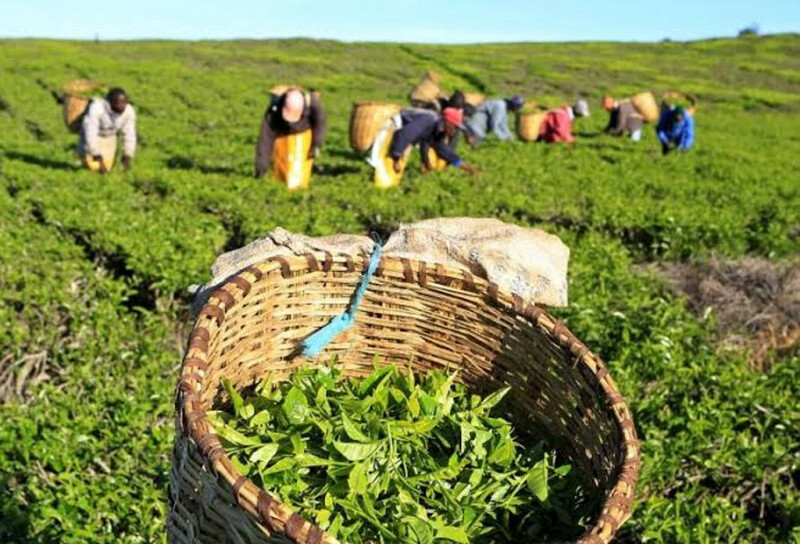Tea importers have urged the government to bring reforms in the import taxation regime, claiming loopholes were causing distortions in the formal trade and up to Rs40 billion in annual revenue loss, Business Recorder learnt on Saturday.
In its budget proposals for the Finance Bill 2025–26, the Pakistan Tea Association (PTA) said over 71,000 metric tons of tea was imported under tax-free status granted to Federally Administered Tribal Areas (FATA) and Provincially Administered Tribal Areas (PATA), despite the region having only 4 million people.
The volume, the association noted, was 1,000 times greater than the actual demand based on per capita tea consumption of 1.2 kg per year.
Rs40bn revenue loss claimed: Tea Association seeks immediate withdrawal of SRO 1735
The PTA warned that the exploitation was destroying the formal market, eroding tax revenues, and pushing legal importers out of business.
“We urge the government not to extend the exemption of tea under FATA/PATA in the best national interest,” the association said, emphasising that a cap of 4 million kilograms annually should be imposed to reflect actual population-based needs.
MRP called a tax anomaly
PTA chairman Muhammad Altaf has also strongly criticised the enforcement of SRO 1735(1)/2024, which imposed sales tax on tea at an arbitrary Maximum Retail Price (MRP) of Rs1,200 per kg—regardless of actual import prices or form of the product.
“MRP is a tax anomaly and warrants immediate attention,” Altaf said. “Bulk tea is imported in large quantities—often in bags over 75kg—and undergoes blending, processing, and packaging. Charging MRP-based sales tax at the import stage ignores this reality.”
Import of black tea: govt decides to revise structure of duties, taxes
He added that tea was being imported at widely varying prices—from below $1 per kg to over $3 per kg—yet the same Rs1,200 per kg valuation was being applied across the board.
“There is no distinction in taxation based on actual import value. How can low-income consumers be taxed at the same rate as high-income ones, when tea is a daily staple across all social classes?”
Additional reform proposals
The PTA submitted multiple proposals to the government, which the tea importers believe can help reduce misuse as well as restore parity in tea trade.
The proposals include:
Withdrawal of the MRP clause
Abolition of export re-exports under the Export Facilitation Scheme (EFS)
Enhanced oversight at dry ports, with PTA involved in verifying imports
The PTA also recommended tariff rationalisation to reduce tax evasion incentives. They include:
Customs Duty: 11% to 5%
Regulatory Duty: 2% to 0%
Sales Tax: 18% to 10%
Withholding Tax: 5.5% to 2%
Revenue and market impact
The PTA estimates that with rationalised tariffs and elimination of misuse, legal imports could rise to 300 million kilograms annually, increasing tax revenues to Rs108.9 billion, compared to Rs68 billion currently.


